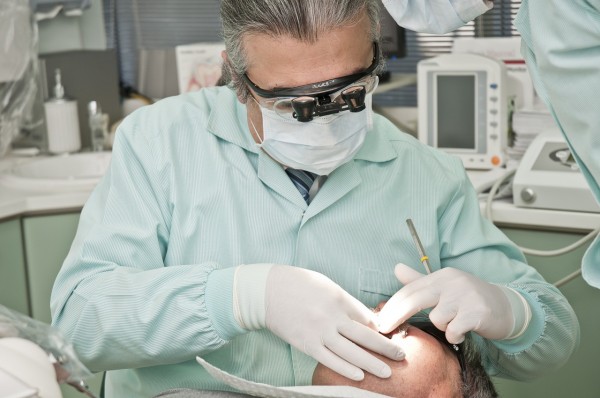Coronavirus Related Anxiety Leads to Epidemic of Cracked Teeth

Since the onset of the pandemic, with citywide shutdowns and social distancing measures were imposed, more and more people are suffering from pandemic-related anxiety. This leads to a surge in patients with cracked teeth or damaged teeth due to clenching and grinding, which can cause teeth trauma.
According to Dr. Michelle Augello, DDS, owner of Nickel City Dentistry on Hertel Ave., 30-40% of her patients are coming in complaining of tension headaches, migraines, and difficulty in opening the mouth. Toronto-area dentist Dr. Kal Khaled who is only attending to emergency patients has noticed a rise in the number of people with cracked molars and damaged fillings leading to abscesses.
Khaled, president of the Ontario Alliance of Dentists, said that a lot of people have been hesitant to go to the dentist during the pandemic. Stress and poor living conditions such as not sleeping well can also accelerate tooth decay.
There are two additional factors that may contribute to cracked teeth.
First, the rise in the number of people working from home means they turn different areas in their house to makeshift workstations which may result in awkward body positions. New York City-based dentist Tammy Chen said that without proper ergonomics, the nerves in your neck and shoulder muscles lead into the temporomandibular joint, or TMJ, which connects the jawbone to the skull. Maintaining a poor posture all throughout the day can lead to a grinding problem at night (bruxism.)
Second, most people have been complaining of restlessness and insomnia since the pandemic started due to the stress of living with coronavirus. This caused the body to remain in a fight response or battle-ready state instead of resting and recharging, all this tension goes straight to the teeth.
READ MORE: Medical Roundup: Genetically Modified Mosquitoes, CRISPR Babies, and Steroids vs. COVID-19
How to Prevent Teeth Grinding or Bruxism?
Awareness is the key. Be mindful that your teeth must not touch all throughout the day not unless you are actively eating and chewing foods. Make sure that your jaws are relaxed with a little bit of space between your teeth when the lips are closed.
You can choose to wear a nightguard, a device promoting teeth alignment, and prevent grinding, even during the day to create a physical barrier between the teeth and absorb pressure.
Move around your workspace during the 8-9 hour work shift, if you stay in one position all the time, chances of staying in a poor posture are higher. The goal of incorporating movement to your daily schedule is to decompress and elongate the spine, this will help release and relieve some of that tension and pressure.
Tips To Prevent Cracked Teeth
Aside from brushing and flossing regularly, Khaled recommends the limit of sugary food intake, but instead focus more on snacking on natural alternatives, such as fruit or vegetables, to maintain good oral health.
Take five minutes before bedtime to quiet your mind. Keep your eyes close while placing your tongue to the roof of your mouth, and breathe in and out through your nose. Deep breathing exercise is one of the most effective ways to stimulate the vagus nerve, which controls the body's parasympathetic nervous system. It can slow down your heart rate and allow a more restful sleep. The less tense your body is, the more likely you are to wake up with less jaw tension which means fewer teeth grinding at night.
MORE ON: Trial shows new imaging system may cut X-ray exposure for liver cancer patients
Check out more news and information on Bruxism on MD News Daily.
Sep 10, 2020 08:00 AM EDT





